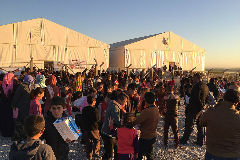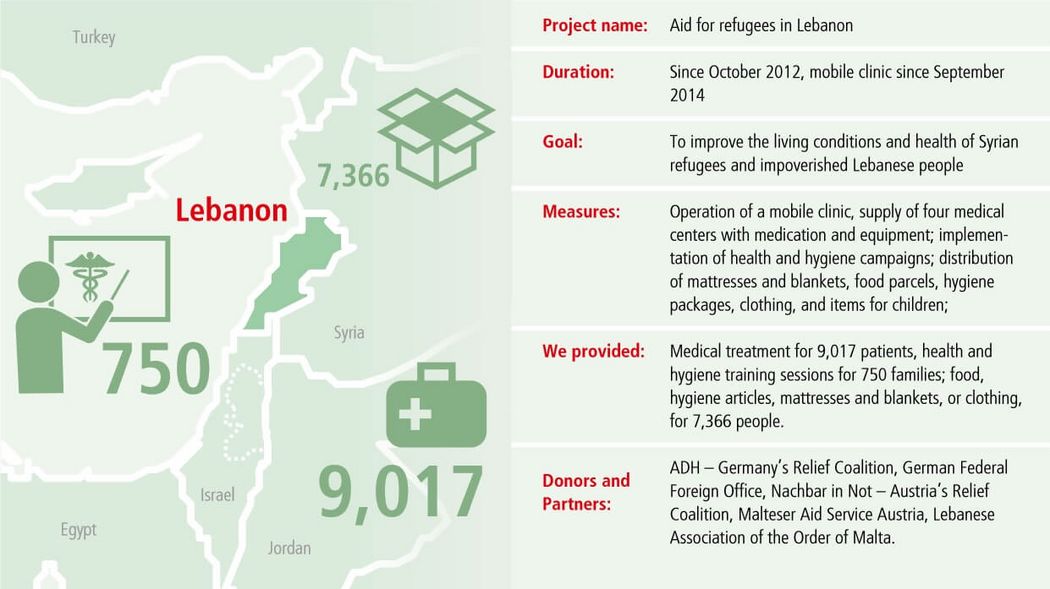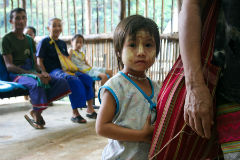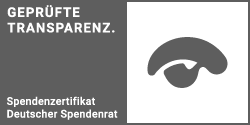Helping strangers on a dusty road
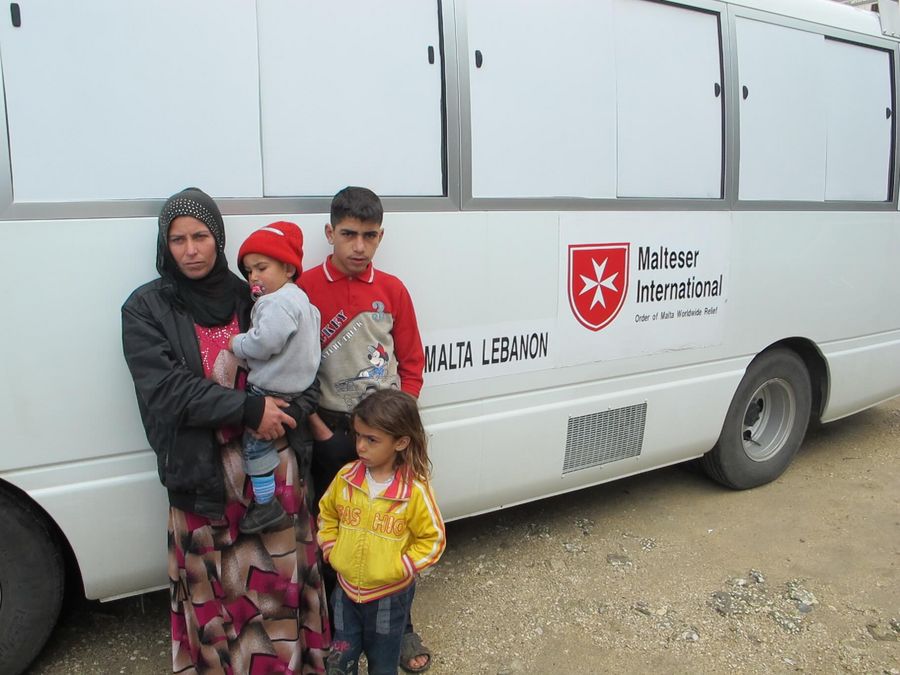
Rana has been waiting for a message from her husband, a Syrian taxi driver, for more than two and a half years. According to his wife, he was arrested one day while driving, and he has not been seen since. A reason for his disappearance was never given. Rana, then 39, was pregnant with a daughter, and fled in fear to Lebanon, along with her five other children. Now she is left to care for her two sons and four daughters alone. The mobile clinic run by Malteser International and the Lebanese Association of the Order of Malta is well-used by patients.
Thousands of other Syrians could tell a similar story. By 2015, Lebanon was host to more than a million refugees, who now make up around a third of the country's total population. Most of them are from Syria, although the advance of ISIS has also caused thousands of Iraqis to seek refuge in Lebanon. As the Syrian conflict becomes increasingly protracted, the situation grows worse for the refugees. Their savings were used up a long time ago, and finding work is difficult in the deeply indebted country, where many Lebanese people struggle to earn a living themselves.
Providing medical care for the vast number of refugees in Lebanon is a huge problem. The enormous increase in the number of people needing help has overwhelmed medical facilities in the country. Services are limited, and because patients are required to pay the high cost of transport, medication, and treatment themselves, even this limited healthcare provision lies far out of reach for many that need it. Amongst refugees and poor Lebanese people this need is huge. In 2015, just 12 per cent of all households had full access to basic medical care. In cooperation with the local association of the Order of Malta, we are implementing a strategy to improve the healthcare provision for people in especially isolated regions of Lebanon. Our program is concentrated on the Akkar district in the north of the country - one of Lebanon's poorest and least developed regions, where a great number of Syrian refugees, including a large number of women and children, have sought shelter in empty buildings, building sites and tents.
Distance, cost and scarcity mean that many people in Akkar never have the chance to visit a doctor. Our solution is to bring the doctor to them. Our team of five physicians, two nurses, a social worker, an administrator, and two drivers travel through the outlying villages of the Akkar region in a mobile clinic bus five days a week. Treatments and medication are free for refugees as well as locals, and severely ill patients are transferred to hospitals. For people like Rana, this is a blessing: Without this help, I would be completely alone."
In order to improve medical infrastructure sustainably, we organize health and hygiene campaigns designed to prevent the spread of sickness, and provide four static health centers with medication and medical equipment. To improve the quality of life, and protect the health of refugees, we also organize distributions of food, clothing, hygiene articles, blankets, and mattresses for them in collaboration with the Lebanese Association of the Order of Malta.
- Taken from the <link en about-us service publications.html>Malteser International Annual Report, June 2016
More about Malteser International's work with refugees:
